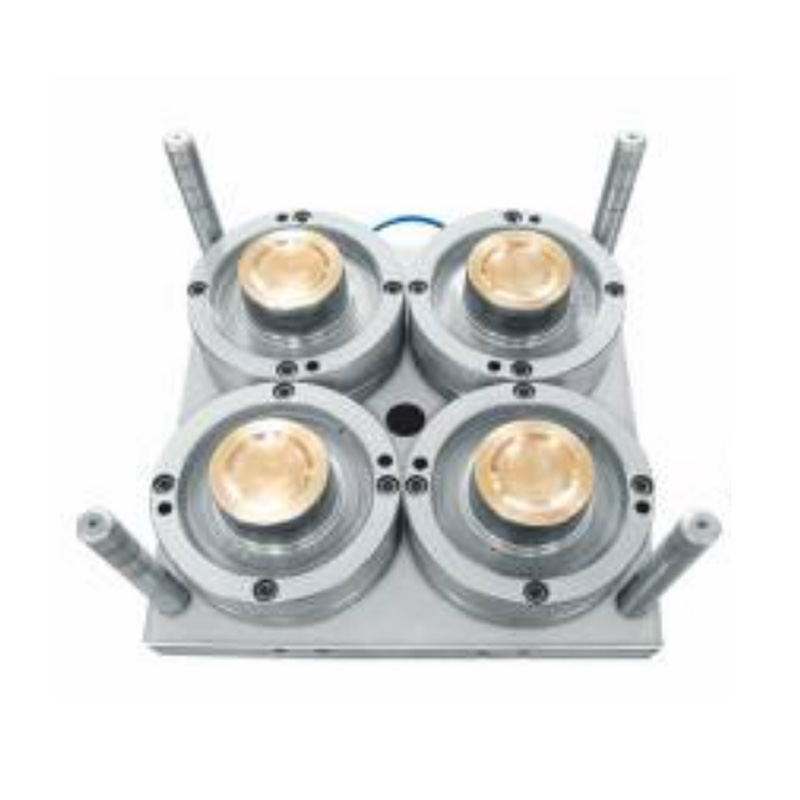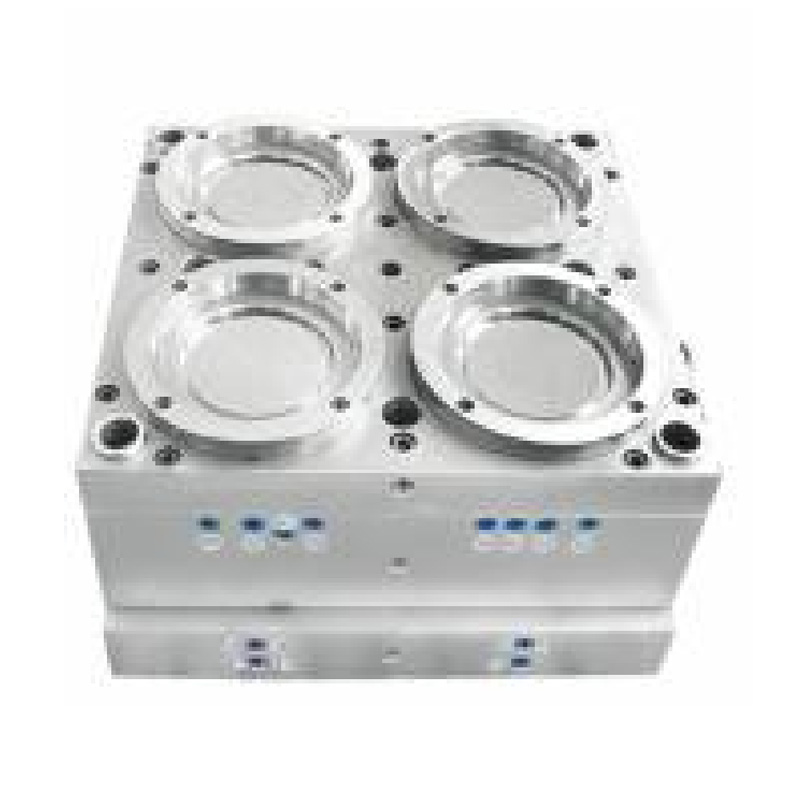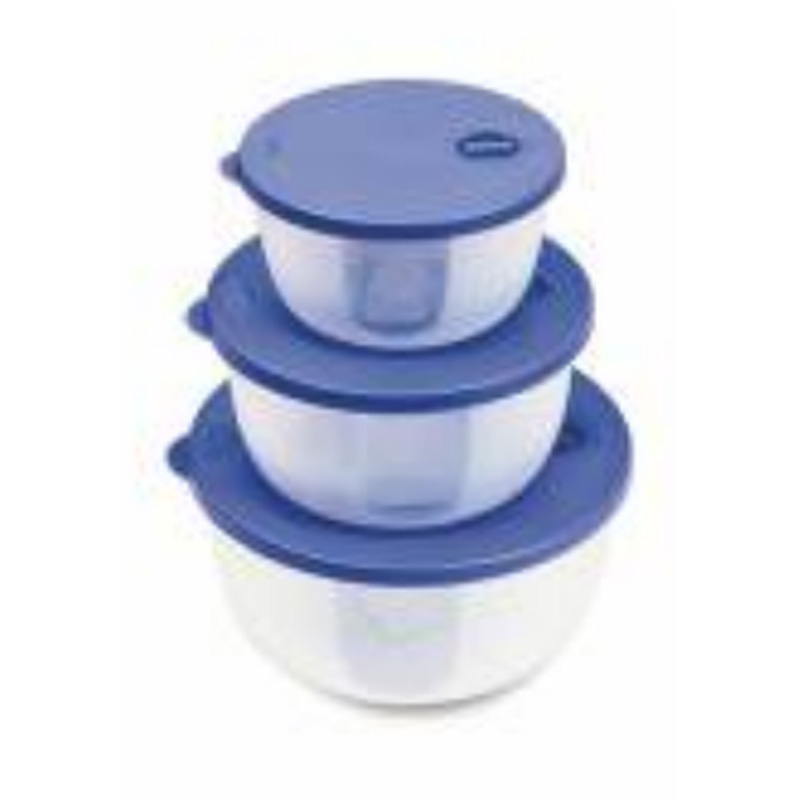






Taizhou Huangyan Jingnan Moulding Co., Ltd. is a private enterprise focusing on the field of moulds and plastic products. As wholesale Round Thin-Wall Food Container Injection Mold supplier and OEM/ODM Round Thin-Wall Food Container Injection Mold maker, its business scope covers mould sales, plastic product manufacturing and sales, and it has the qualifications for import and export of technology and goods. As an emerging enterprise in the Huangyan mould industry belt, its business layout fits the local industrial advantages of the "Hometown of Chinese Moulds".
Understanding Durability and Impact Challenges Durability and impact resistance are critical factors in design...
View MoreUnderstanding Shrinkage in Various Plastic Materials Shrinkage occurs when molten plastic cools and solidifies...
View MoreUnderstanding Clamping Force in Injection Molding Clamping force is a critical parameter in the injection mold...
View MoreA thin-wall mould is designed to produce parts with very slim wall thicknesses, often under about 1 mm (or sometimes even <0.5 mm), depending on the material and design. In the food packaging, disposable cup, bowl, and container markets, thin walls enable:
However, achieving all that requires a mold engineered for high speed, high pressure, excellent cooling, and very tight tolerances. The referenced Round Thinwall Food Container Injection Mold is exactly this kind of mold, suitable for round cups or containers that must be lightweight but consistent in quality.
Beyond the usual mold-request data, for thin-wall cups / bowls the buyer should include:
With these details, the mold maker can optimize gate layout, cooling, venting, and structural features for thin-wall stability.
Common materials and their implications:
In mold design:
The mold designer typically requests the exact resin grade, melt flow index (MFI), and intended performance conditions to validate the mold design.
Yes, for most thin-wall applications, hot runner systems are recommended because:
However, hot runners raise mold cost and require careful maintenance. For disposable containers, the savings in cycle time and resin often offset the investment quickly.
For plastic bowl cup molds and thin wall container moulds, stacking is critical:
Our design team usually runs stacking simulation to check how thousands of cups behave when stacked.